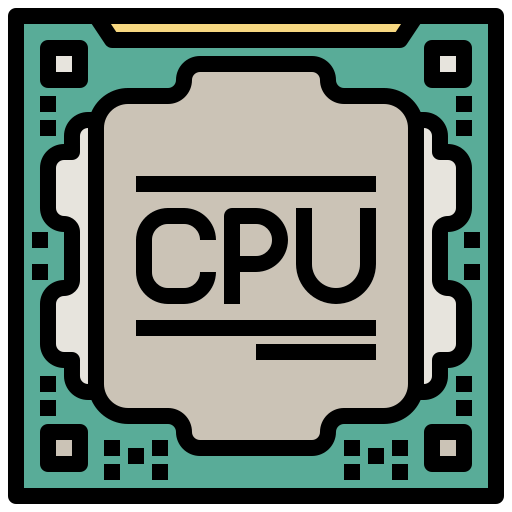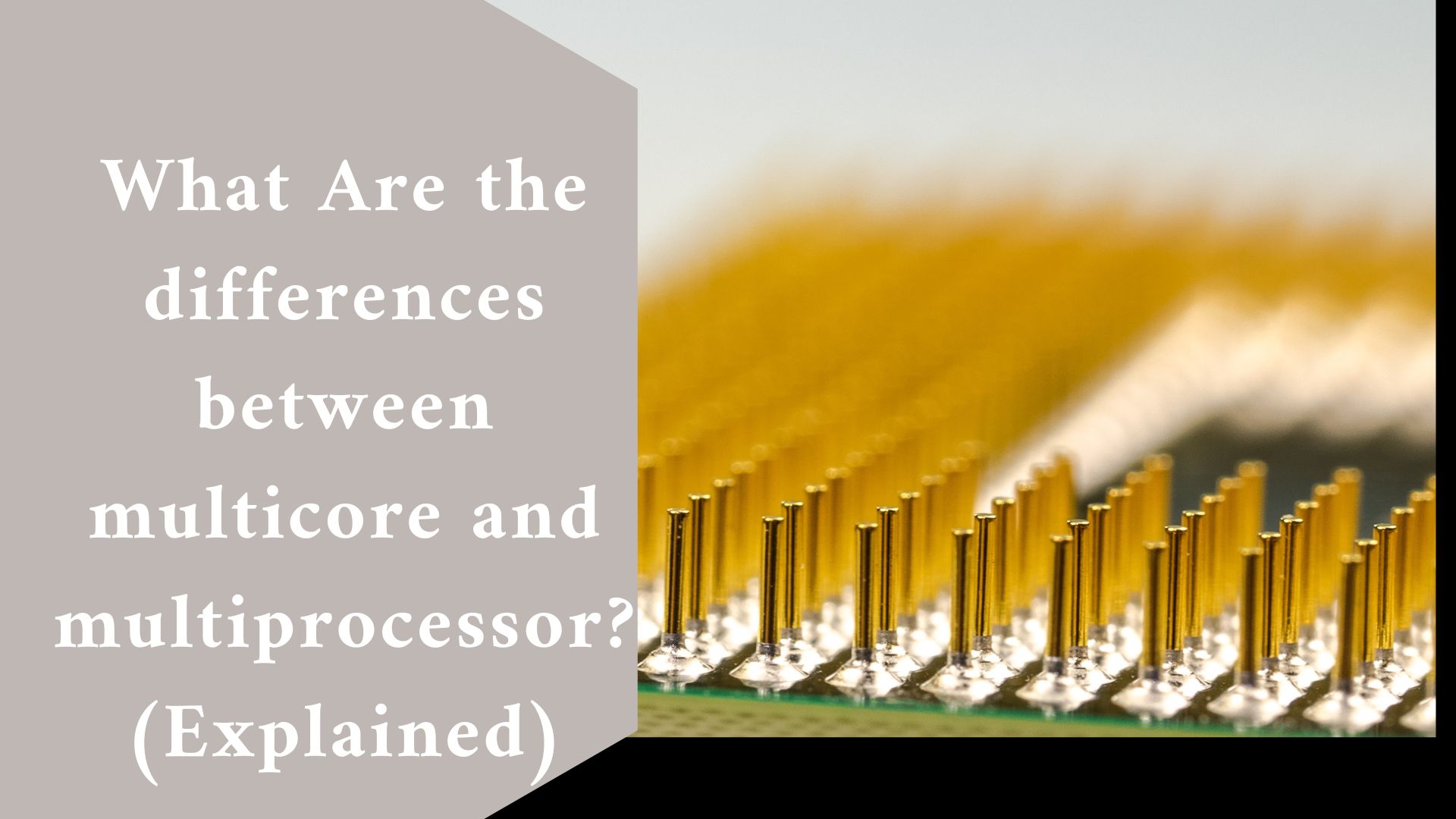The primary distinction between multicore and multiprocessor is that the former refers to a single CPU with several execution units, whilst the latter refers to a system with two or more CPUs.
A multicore CPU contains numerous cores or processing units. A multiprocessor is made up of several CPUs. Multicore and multiprocessor systems both serve to accelerate the computing process.
A multicore CPU does not necessitate sophisticated configurations like a multiprocessor. A multiprocessor, on the other hand, is more reliable and capable of running many programs. In summary, a multicore processor has a single CPU, but a multiprocessor has multiple CPUs.
Important words: What exactly is Multicore?
The CPU (Central Processing Unit) or processor is the computer’s brain. It handles all of the other components’ functions.
The CPU’s execution unit is referred to as the core. It reads and executes commands. The instructions could be a calculation, a data transfer instruction, a branch instruction, or anything else. A uniprocessor is a CPU with a single core.
A multicore system has more than one core. A CPU with two cores is referred to as a dual-core processor, whilst a processor with four cores is referred to as a quad-core processor. High-performance computers can also have six to eight cores.
The main advantage of a multicore processor is that it can execute numerous instructions on various cores at the same time.
It boosts overall performance and employs parallel processing. Multicore is utilized in a variety of applications, including embedded systems, networking, Digital Signal Processing (DSP), and graphics (GPU).
What exactly is a multiprocessor?
A multiprocessor is comprised of two or more CPUs or processors. These systems carry out many instructions at once. As a result, it boosts throughput.
If one CPU fails, the other processors will continue to work normally. As a result, multiprocessors are more dependable.
Shared memory or distributed memory can be used in multiprocessor systems. Each CPU in a shared memory multiprocessor shares the main memory and peripherals to execute instructions concurrently.
To access main memory, all CPUs in these systems share the same bus. It provides a single memory area for all CPUs.
As there is more traffic to the bus, most CPUs will be idle. These processors are also known as symmetric multiprocessors.
Each CPU in a distributed memory multiprocessor has its private memory. To accomplish computational operations, each CPU can operate on local data.
If remote data is required, the CPU can use the bus to interact with other CPUs or access main memory.
The Relationship Between Multicore and Multiprocessor
The most recent computers include many CPUs, each with numerous cores that can read and execute multiple instructions at the same time.
What Is the Difference Between a Multicore and a Multiprocessor?
Definition
A multicore CPU or processor is a single CPU or processor with two or more independent processing units called cores that can read and execute program instructions.
A multiprocessor is a machine with two or more CPUs that allows programs to be processed at the same time.
Execution
A multi-core processor speeds up the execution of a single program. A multiprocessor, on the other hand, may run numerous programs at the same time.
Reliability
Multiprocessor systems outperform multicore systems in terms of dependability. A multiprocessor contains many CPUs. Failure of one CPU does not affect the other CPUs. It is more forgiving of flaws.
Traffic
Because all of the cores are integrated into a single chip, multicore systems have less traffic than multiprocessors.
Final thought
The distinction between multicore and multiprocessor is that the former refers to a single CPU with several execution units, whilst the latter refers to a system with two or more CPUs.
Modern computers feature several CPUs, each with its own set of cores.
How Do I Fix FTPM NV Corrupted On a Newly Installed CPU? (Explained)

